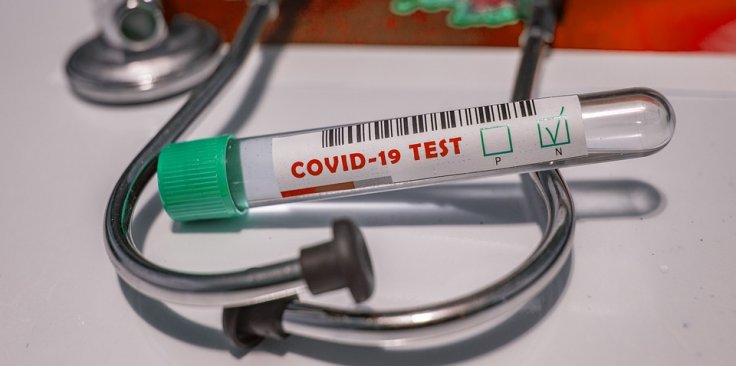The state capital of the Rakhine region in Myanmar has been locked down by the government following an outbreak of a more virulent strain of the coronavirus than the one previously observed in the Southeast Asian nation.
Myat Htut Nyunt, deputy director at Myanmar's department of medical research, said the strain of the coronavirus was the same as a mutation found earlier this week in Malaysia. The strain is said to have been found in North America, Europe, North America, and parts of Asia and is believed to be more virulent. "So we would like to inform the people that this kind of virus has a faster rate of transmission," Nyunt said.

Curfew and Stay-at-home Orders Imposed
Nineteen people have tested positive for the virus in the western region since Monday, health officials said on Friday, the first local transmission in Myanmar in months, bringing the total number of cases to 409.
The vast majority of the recent cases have been in the town of Sittwe, where officials have issued a stay-at-home order and imposed a curfew. Domestic airlines have suspended services between Sittwe and the commercial capital of Yangon. Tens of thousands of people are living in displacement camps across Rakhine due to fighting between government troops and ethnic insurgents.
The Rohingya Issue
Sittwe is also home to camps where about 100,000 Rohingya Muslims have been confined since an outbreak of violence in 2012. Rohingya are mostly denied citizenship and face strict curbs on freedom of movement and access to healthcare.
Kyaw Hla, a community leader in one camp, said government staff had visited on Friday but conditions there were too poor to follow advice on social distancing and hygiene. "It's not OK to live here, in a small space with many people. We have always had concerns in the camp, COVID-19 or other issues. Families live in 8 foot by 10 foot or 8 foot by 14-foot rooms. Things are not going to get better."
(With inputs from agencies)








